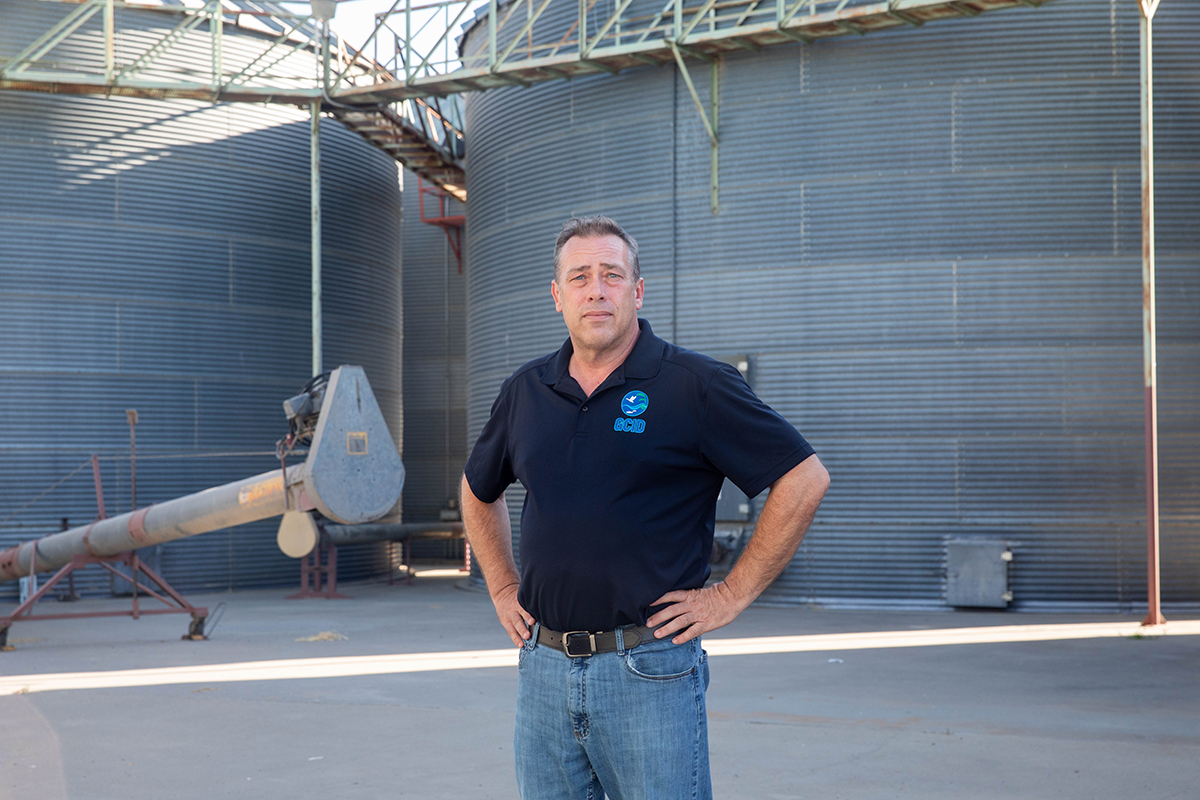
There is a saying that goes; “you can never go home again,” but Jeff Sutton is proving you can.
The phrase refers to our tendency to have unrealistic or only nostalgic memories of where we spent our formative years, but for Sutton, he is returning to the irrigation district his great- great-grandfather helped create and the place his family has called home for more than 150 years. What he plans to do next, is not relive the past, but help usher in a new era for the Sacramento Valley.
In the 19th-Century, the Suttons ventured west seeking new opportunities and a new way of life. They’d end up on a plot of land just north of what is now the town of Maxwell. Soon after planting their first crops, George Mock Sutton set forth a family tradition of servitude to the region.
George was appointed to create a new irrigation district to serve the influx of new landowners in the western part of the Sacramento Valley. The Central Irrigation District, now known as the Glenn-Colusa Irrigation District, was born.
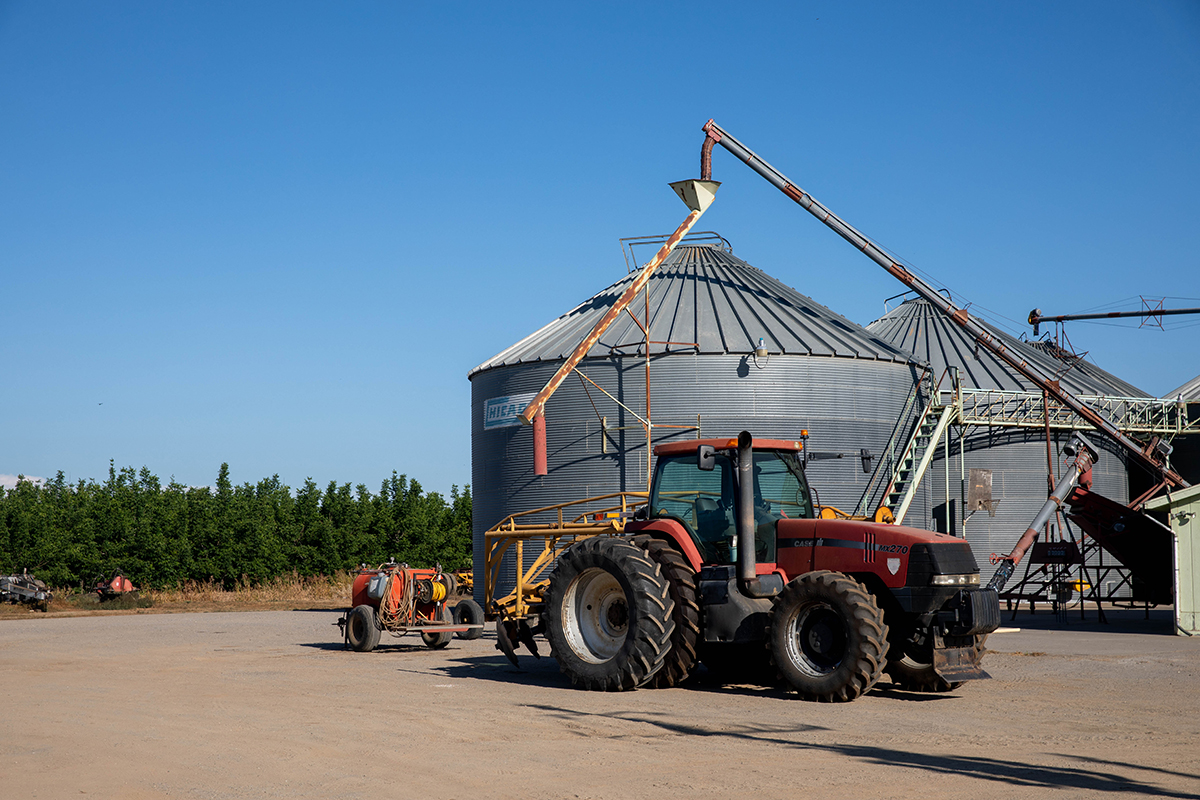
“I like to joke, that my great-great-grandfather worked on my future employment 150 years before I got the job,” says Jeff Sutton, General Manager of GCID. Following George, was Louis Sutton, Jeff’s great-grandfather, who became the second Sutton to be elected to the Colusa County Board of Supervisors.
But Louis’ public service would not stop there, he wound up representing the valley for two decades in the state legislature, even serving as Chairmen of the Senate Water and Agriculture Committee.
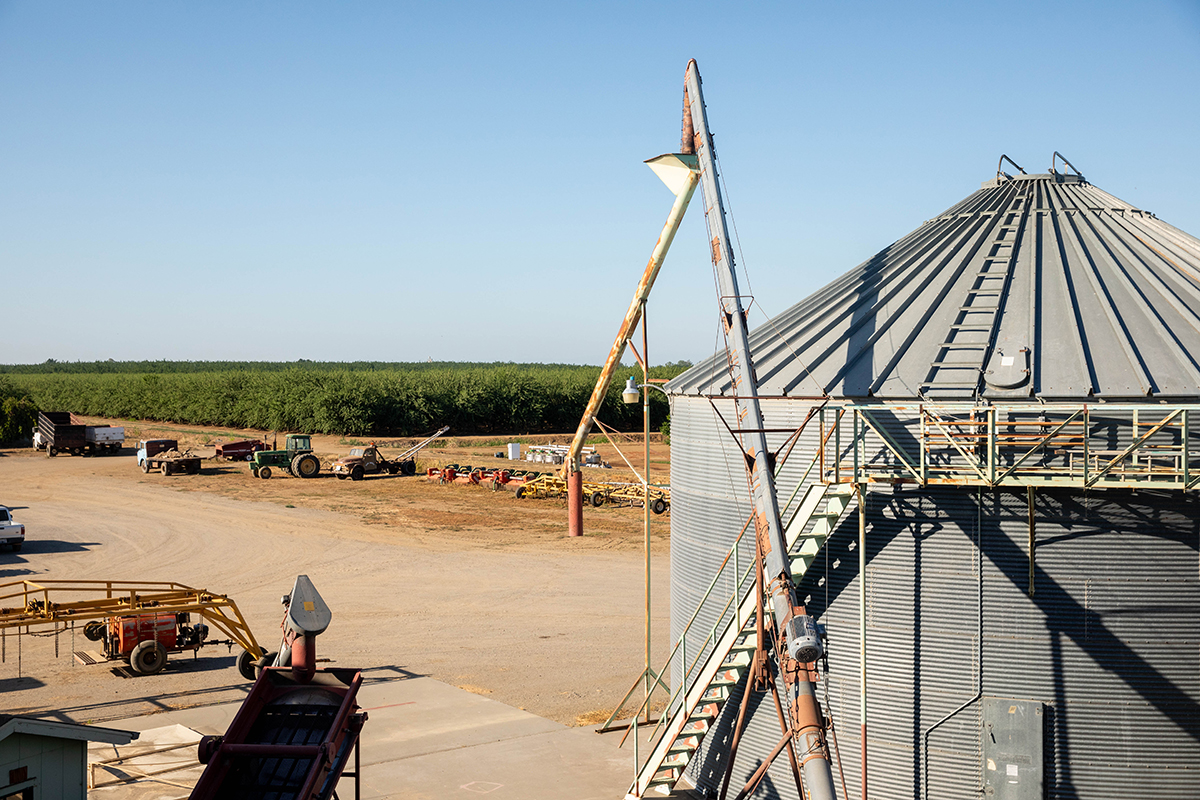
In 1956, Louis took the family’s first step into wildlife conservation as the Senator worked diligently to institute a ban on gill nets for salmon fishing, understanding the importance of keeping sustainable fish populations and reducing harm to the environment.
Jeff’s father, John, followed suit and spent 22 years on the GCID Board, helping lay the foundation for many multi-beneficial projects in the district.
It seemed Jeff was destined to follow his family into water management.
After spending time as a water law attorney, Jeff landed at the Tehama- Colusa Canal Authority (TCCA).
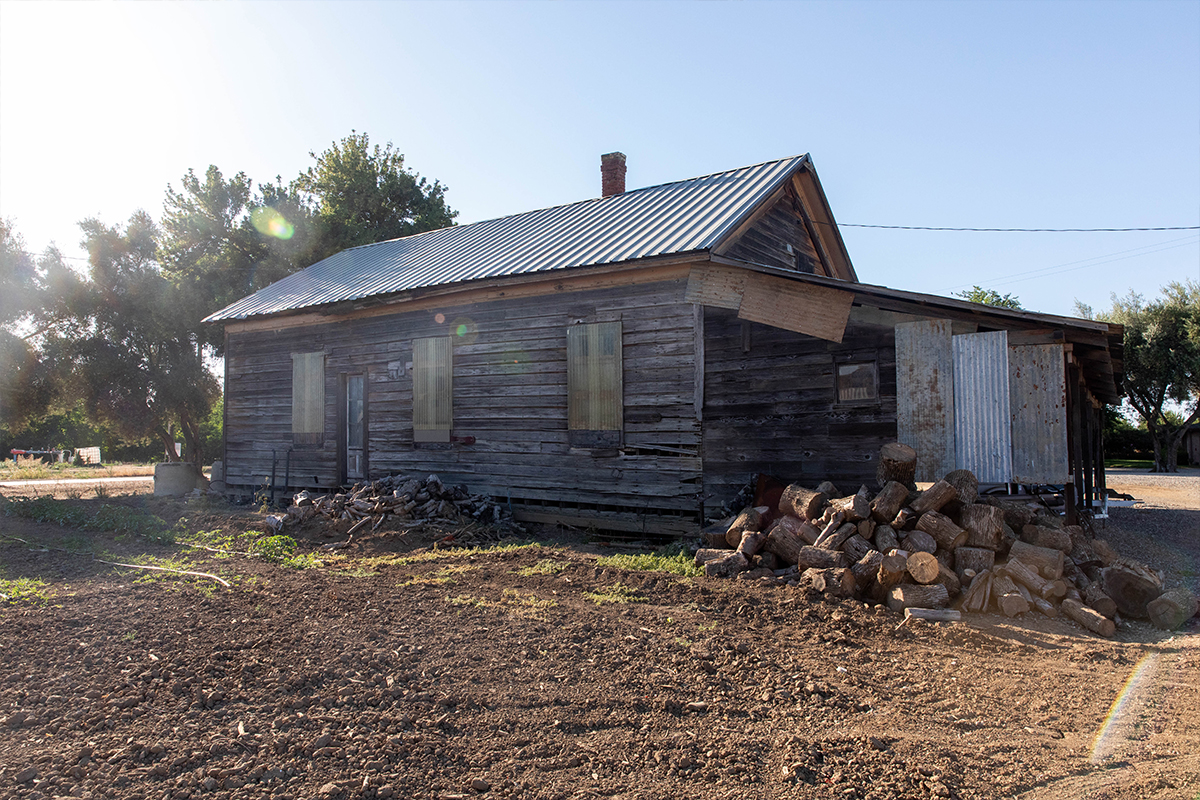
Jeff says one of his biggest achievements while there was the completion of the Red Bluff Fish Passage. A $185-million project to replace the old Red Bluff Diversion Dam, with a new pumping plant and quarter-mile long fish screen.
“Creating opportunities and projects that maintain reliable water delivery while protecting wildlife is the way of the future. We can blend economic responsibility and wildlife sustainability.”
Jeff will take this mantra to his new, yet old, home at the Glenn-Colusa Irrigation District in his role as the district’s newest general manager.
GCID serves 1,200 water users across 140,000 acres of farmlands and 20,000 acres of federal wildlife refuges.
As head of the GCID, Jeff wants to ensure farmers can continue to grow crops that feed the world while also playing a larger role in supporting threatened species.
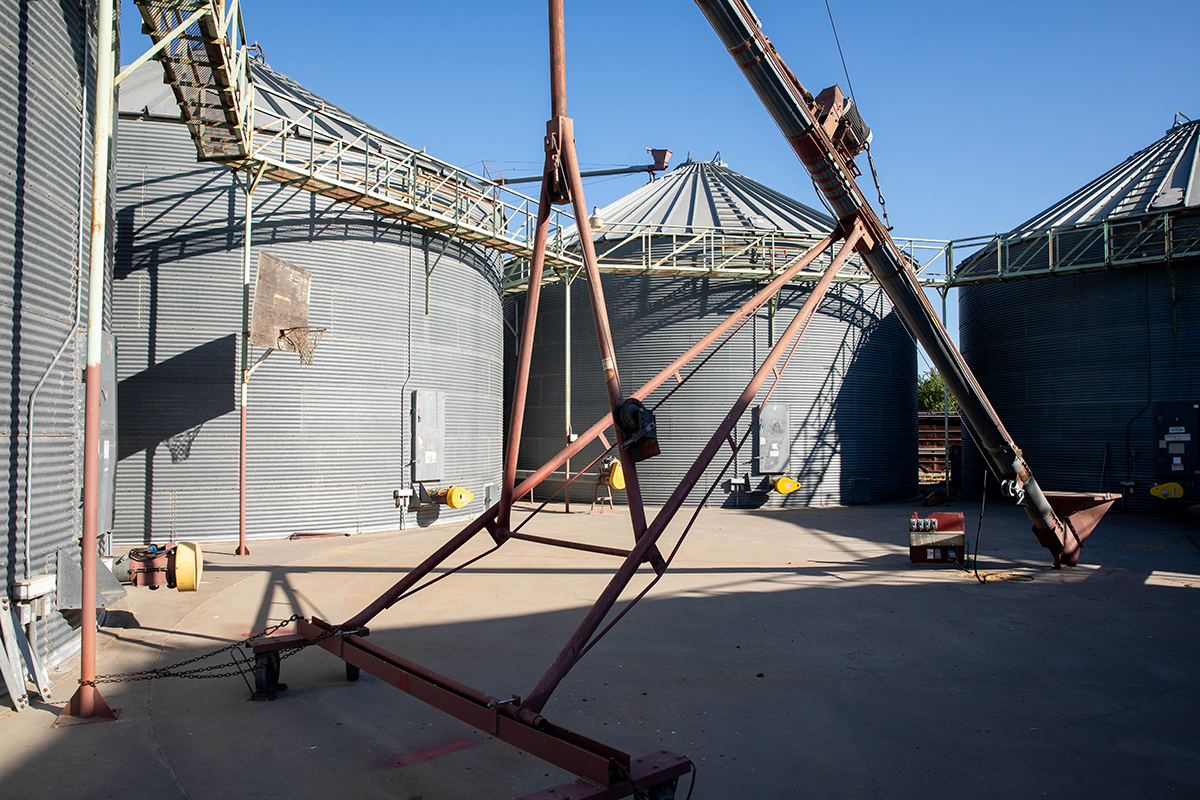
Whether it be seeing the completion of Sites Reservoir, flooding fields for migratory birds or improving conditions for fish, the fifth-generation Sutton to live, work and serve in the district is ready to tackle new and old challenges.
While Jeff knows coming home isn’t easy, he says this has been a century-and-a-half in the making, and there is no doubt he will give it all he can to help create a Sacramento Valley that is thriving both economically and environmentally for generations to come.
Listen to the podcast below.




